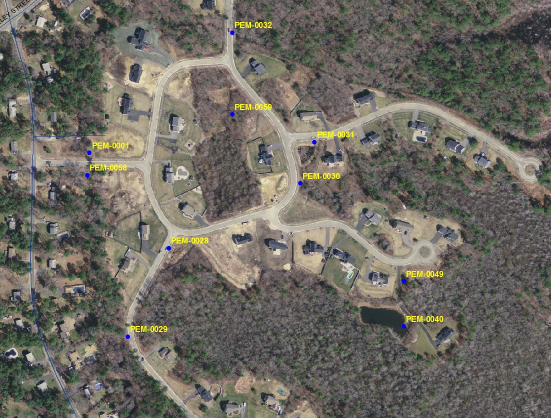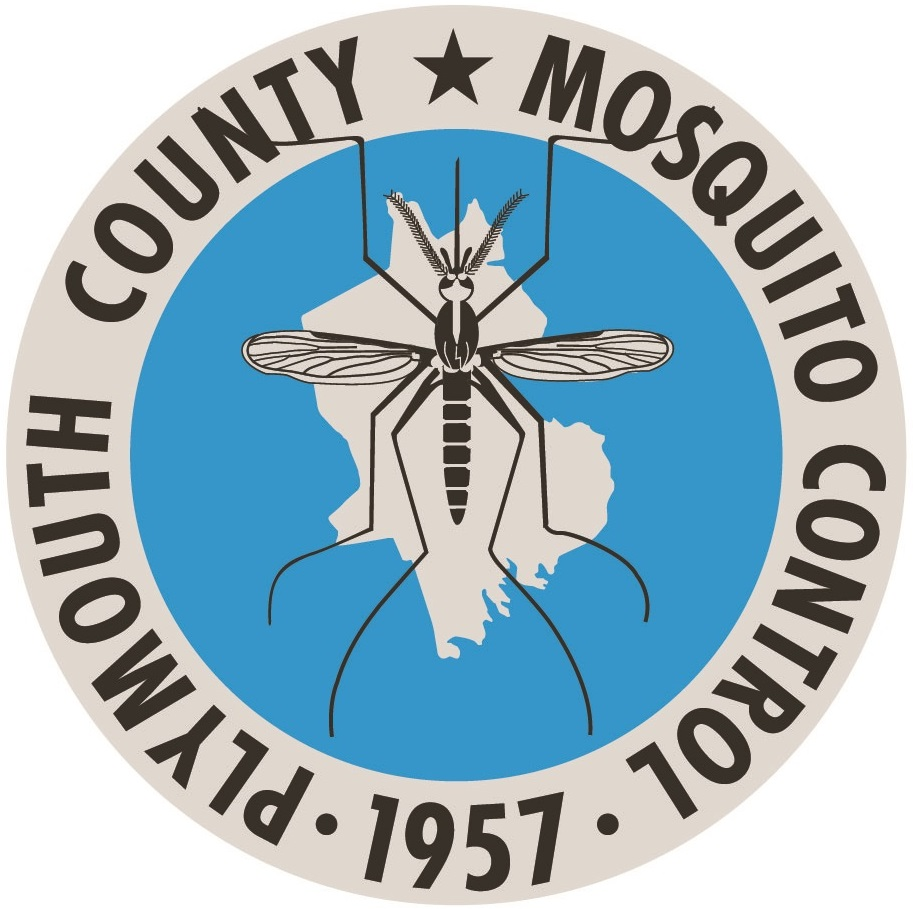Pesticides

Below you will find descriptions of the pesticides most commonly used at Plymouth County Mosquito Control Project. We have also included their labels and safety data sheets.
Larvicides
Larvicides are products that kill immature mosquitoes (larvae). They are applied to water only when mosquito larvae have been found. PCMCP has mapped over 3,500 sites that frequently contain mosquito larvae. As part of our program we monitor and treat those areas on an as needed basis. If new sites are found they are also mapped and added to our program.
Bti is specific to mosquitoes, blackflies and midges. It breaks down quickly in the environment and is essentially non toxic to other insects, humans and other mammals.
Below is a list of products that PCMCP uses along with their Safety Data Sheets and labels.
Bacillus sphaericus (Bsph) is similar to Bti. It is a common soil bacterium. Mosquito larvae die when the bacterial spore is ingested. The spore contains proteins that damage the gut of the larvae. The product can be effective for several weeks unlike Bti. Bsph is most effective against Culex mosquitoes. The insecticide is used in water with high organic content such as catch basins.
Below is a list of Bsph products that PCMCP uses along with their Safety Data Sheets and labels.
Combination Products combine any of the above active ingredients to create products with a wider range of uses.
BVA 2 Larvicide Oil
BVA 2 is a highly refined mineral oil used for the control of mosquito larvae and pupae. When applied evenly over the water surface it rapidly interrupts the air/water interface and suffocates the larvae or pupae. This quick action makes it an effective larvicide/pupacide for any program.
Adulticides
Adulticides are products that are designed to kill adult mosquitoes.
Duet - Duel Action Adulticide is a synergized synthetic pyrethroid consisting of 1% Prallethrin (ETOC), 5% Sumethrin, 5% Piperonyl Butoxide, and 89% other ingredients such as mineral oil. Duet's EPA Reg. No. is 1021-1795-8329. The product breaks down quickly when exposed to sunlight. Therefore residue on plants and other treated surfaces should be short lived. Plymouth County Mosquito Control applies this chemical using truck mounted ULV (ultra low volume) sprayers. The Project uses an application rate of 0.62 fl oz per acre.
Initial field trial and cage trial observations have shown that DUET causes “benign agitation” – a non-biting excitation of mosquitoes. Benign agitation has the potential to draw mosquitoes from a resting state – possibly including mosquitoes never before factored into efficacy calculations -- into on-the-wing activity. When mosquitoes are flying rather than resting, more of the spray comes in contact to kill them.
Zenivex E4 RTU contains 4% Etofenprox. Etofenprox is a reduced risk synthetic pyrethroid with very low mammalian toxicity. Synthetic pyrethroids emulate naturally occurring insecticides found in chrysanthemum flowers. The chemical is used to control a variety of pests in agriculture and to control fleas and ticks on pets. In public health it is used to control mosquitoes, and other flies through ultra-low volume applications and through impregnating fabrics. These fabrics are used for clothing and mosquito nets.
Suspend SC is used as a perimeter treatment. The purpose of this treatment is to exclude mosquitoes from an area. The active ingredient is the pyrethroid Deltamethrin. The pesticide is applied as a liquid to vegetation, soil and structures around the area. Mosquitoes are killed when they land on treated surfaces. The application can last several weeks. PCMCP uses this product in public areas such as ball fields.
Please see Adult mosquitoes for information regarding our policies on adulticide applications and service requests.

